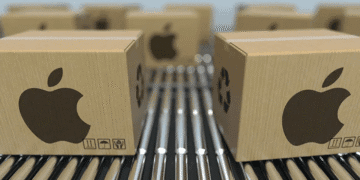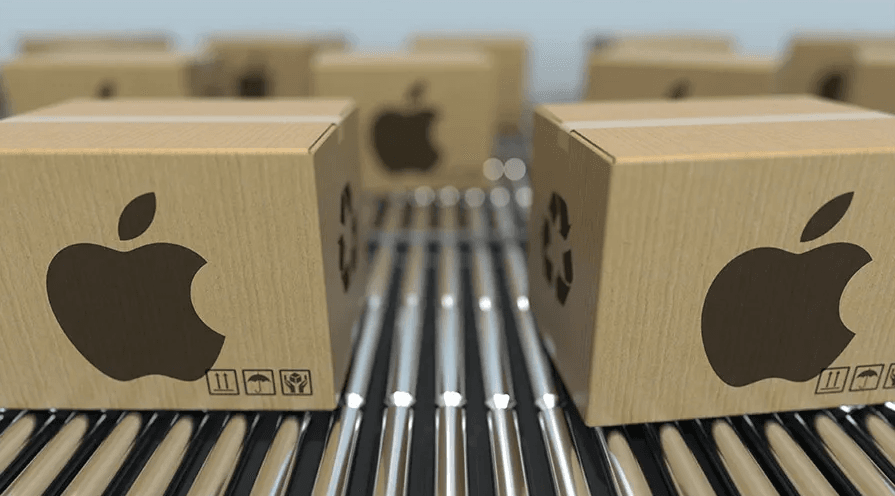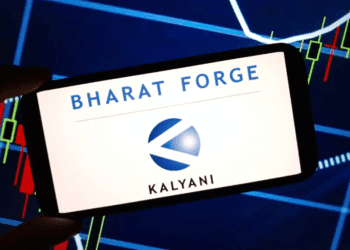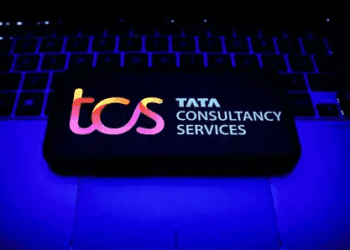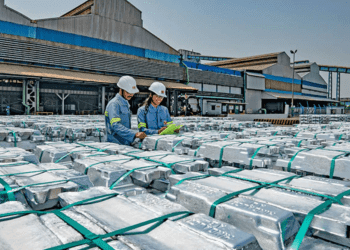Athira Sethu
Kochi, 14 June 2025
Apple is currently shipping nearly all its India-produced iPhones to the United States. This significant change is one that Apple is making in an attempt to circumvent high tariffs imposed by the U.S. government on Chinese-made goods.
From March to May 2025, statistics indicate that nearly 97% of the iPhones produced by Foxconn in India were exported to the U.S. Compared to 2024 when less than 50% of iPhones produced in India were exported to the U.S., this is a dramatic increase. Within three months, Apple had exported iPhones with a value of $3.2 billion, including $1.3 billion in March and close to $1 billion in May.
Apple is doing this to address the rising trade tension between the U.S. and China. The previous President Donald Trump has advocated for increasing tariffs on Chinese imports, which would make Chinese-made iPhones much more costly in the American market. By producing more iPhones in India and shipping them to the U.S. directly, Apple can circumvent these additional costs.
Apple shipped iPhones worth more than $4.4 billion from India to the U.S. within the initial five months of 2025, outpacing the amount shipped during the entire year 2024. To accelerate the shipment, Apple even employed chartered flights to ship iPhones from India and asked authorities for faster customs clearance at Chennai airport.
Another Apple supplier in India, Tata Electronics, also sent most of its iPhones to the U.S. Around 86% of Tata’s shipments in March and April went to the U.S., up from 52% in 2024.
Apple’s decision also aligns with India’s push to become a major smartphone manufacturing hub. However, it is still expensive to make phones in India due to high import duties on parts.
Experts think that by 2025, iPhones manufactured in India might account for 25% to 30% of Apple’s overall global deliveries. That’s a huge leap from 18% in 2024.
Apple has yet to say anything about this development, but it’s clear what the message is: by producing more iPhones in India and exporting them to the U.S., the company is adapting with wisdom to trade difficulties while keeping its expenses low.
